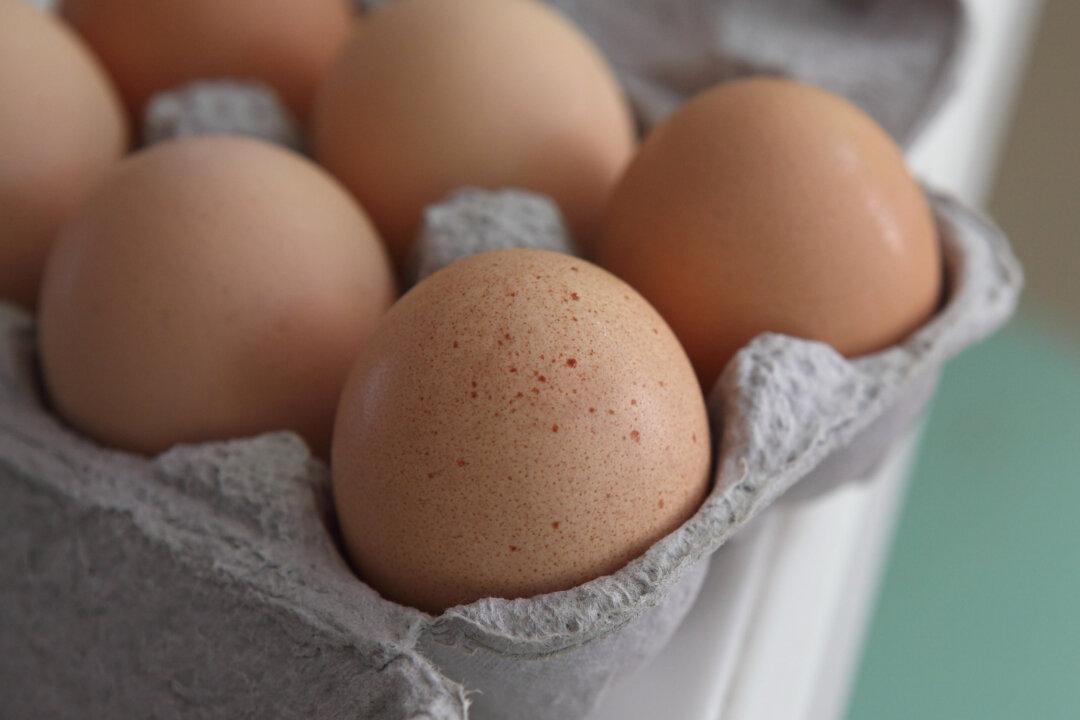Coles has limited egg purchases for consumers across Australia amid the escalation of a bird flu outbreak in Victoria.
The new policy will apply to all states and territories except Western Australia, with each customer allowed to buy a maximum of two egg cartons.





